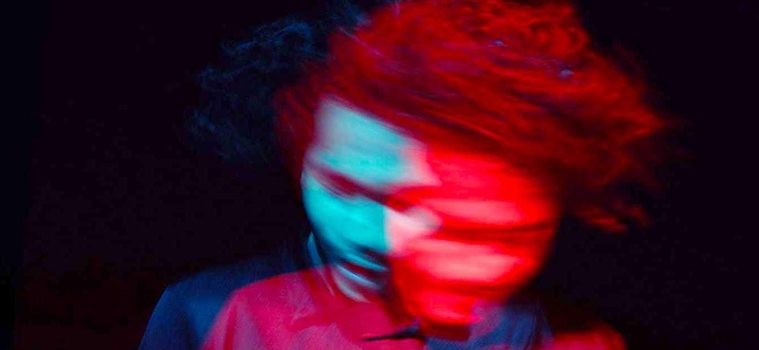NOT IF YOU QUIT –
June 5, 2022 – I have been, for many years and mostly from an academic point of view, fascinated by addiction. Perhaps my fascination was sharpened also by a subconscious worry that a genetic curse afflicting both my maternal and paternal families, going back many generations, might too be visited on me. A great grandfather on my mother’s side was banished to America in 1907 before he “drank the farm”. Both my father’s grandparents were drunks causing their children, including my grandfather, to be taken into care; the reason my father and his brother were lifelong tea-totallers. Growing up, a genetically unrelated uncle caused such damage to our wider family that the mayhem still persists today 40 years after his untimely death. Many Irish families have similar stories; most Irish families have been affected in some way by the scourge of addiction. In the modern age, of course, other substances and behaviours have replaced alcohol but alcohol remains the most popular drug of choice and among the younger age groups poly-substance abuse, including alcohol, is now the norm.
I have long tried, yet still struggle, to understand what addiction is and in particular how it so powerfully influences behaviour and how it might be managed or treated. We all know its manifestations; the alcoholic, the gambler, the drug addict, dependent on a substance/behaviour with a selfish insistence to consume irrespective of the damage caused. What are those mental processes that create this destructive behaviour? Having understood the processes will we eventually be in a better position to develop effective treatments?



